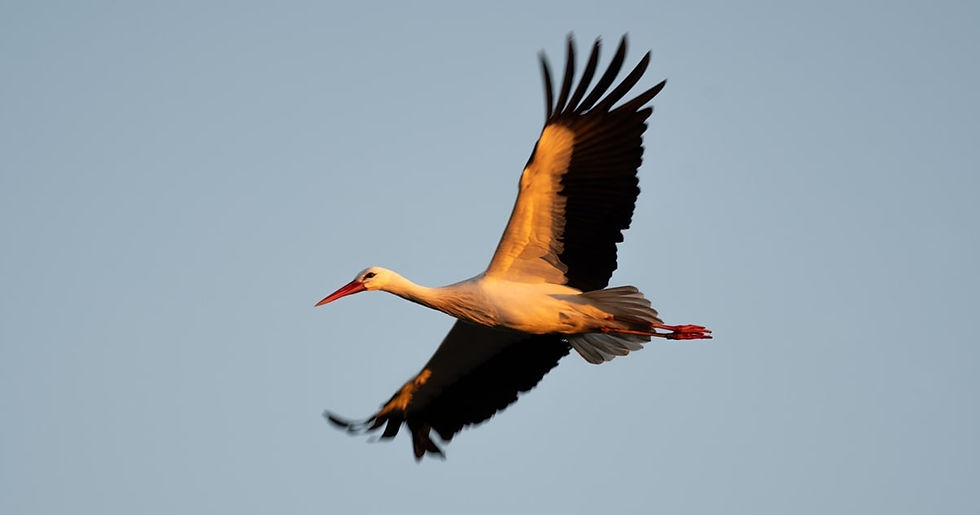OGN Monday
- Editor OGN Daily
- Aug 4
- 3 min read
Ensuring the week gets off to a bright start with today's global round up of positive news stories.

Rock Art Listed
Murujuga, a 1,000 sq.km property in Western Australia that holds the world’s densest concentration of rock art, has been added to the UNESCO World Heritage list. Home to over a million petroglyphs carved by First Nations over tens of thousands of years, it means Australia now has two World Heritage sites exclusively listed as Indigenous sites of outstanding universal value to all humanity.
Sweet Revenge
An Ohio woman, whose car was repossessed by the dealership just one month after she bought it, has pulled off a revenge move for the ages. Tiah McCreary discovered, as she explored legal options against the company, that the dealer has failed to renew the registration on the company’s name with the Ohio Secretary of State, so she registered it in her name - then hit the dealer with a cease-and-desist order, ordering them to no longer use the name they’ve used since 2012. As you might guess, a legal battle is underway.

Quiet Comebacks
Cranes and storks return in record numbers across Europe and Asia. From peatlands to paddies, three iconic bird species are making quiet comebacks. In Scotland, common cranes have reappeared after centuries, recolonising lost wetland habitat. In China’s Yunnan province, black-necked crane populations have hit a record high of 5,929, and Denmark just recorded the most white stork nestlings in over 50 years.
Retro Tech Revival
After moving to rural Tunbridge, Vermont, and finding that there was limited cell service for miles, electrical engineer Patrick Schlott began fixing up old pay phones and installing them around town. The phones connect through an internet telephone line that converts to an analog line, and Schlott covers the $8 a month in costs so his neighbors can make calls for free. "It's cool to see something retro that has that old-school appeal but also works," he told The Associated Press.

Advance Warning
Smartphones now form world’s largest earthquake detection network, reports Ars Technica. Google’s Android Earthquake Alerts System has turned millions of smartphones into a global seismic sensor grid. By detecting vibrations via phone accelerometers and triangulating signals, the system can issue warnings moments before it occurs. Their alerts are now operational in 98 countries, offering low-cost protection where siren infrastructure is scarce.
'Miracle Drug'
Just one year after its breakout public health moment, 'miracle drug' lenacapavir has been approved by the FDA and recommended by the WHO. The drug, which Science called its 'breakthrough of the year' in 2024, is a long-lasting shot that provides almost 100% protection against HIV infection. Why does this matter? Well, the WHO recommendation puts the medicine onto a list which donors and UN agencies rely on when they decide what to buy and distribute. Gilead, the maker of the drug, is already in talks to enable a low-cost rollout across 120 countries, which would be the biggest boost in the fight against AIDS since the large scale rollout of antiretrovirals more than 20 years ago.
Global Milestone
Canada is to protect an area larger than Germany: that's 147,000 square miles (380,000 sq.km) of land and water, reports The Narwhal. The CA$300 million federal commitment, backed by CA$75 million in philanthropy, supports stewardship, Guardian programmes, and sustainable economies across 21 Indigenous governments, and represents a global milestone in returning land governance to its original caretakers.
"Find things beautiful as much as you can, most people find too little beautiful." Vincent van Gogh
On This Day

4 August 2007: The U.S. space probe Phoenix was launched, and a year later it landed on Mars. Among its most-important discoveries was the existence of water ice beneath the planet's surface.
Today's Articles
Mood Boosting Video
Attracting a Mate: Inside the world of weaverbirds' stunning nest creation.



